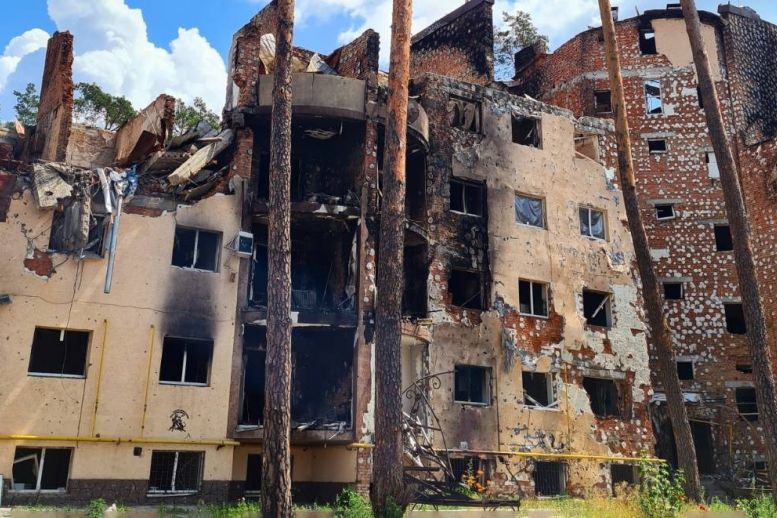Sponsored Content
FPÖ Demands Stricter Control of Austria's Payments to Ukraine
In a recent debate in the Austrian parliament, the FPÖ called for establishing a separate control body to review the financial support provided by Austria and the EU to Ukraine. FPÖ MP Susanne Fürst expressed concerns about the efficiency of the existing control mechanisms and warned of the risk that the billions in aid could seep into the "channels of the Zelenskyy regime".
 The FPÖ also lacks effective control of the humanitarian payments that Austria and the EU make to Ukraine. / Picture: © OSCE/Kateryna Ryabiko
The FPÖ also lacks effective control of the humanitarian payments that Austria and the EU make to Ukraine. / Picture: © OSCE/Kateryna Ryabiko
FPÖ MPs, including Martin Graf, criticized the lack of transparency and the high income of Ukrainian politicians and called for biannual reports on the use of the funds. They argue that Austrian taxpayers have a right to know whether their money is being used for its intended purpose.
The counter-argument came from members of the ÖVP, Greens, and NEOS. Georg Strasser (ÖVP)…
or Log In
Fast News Search





